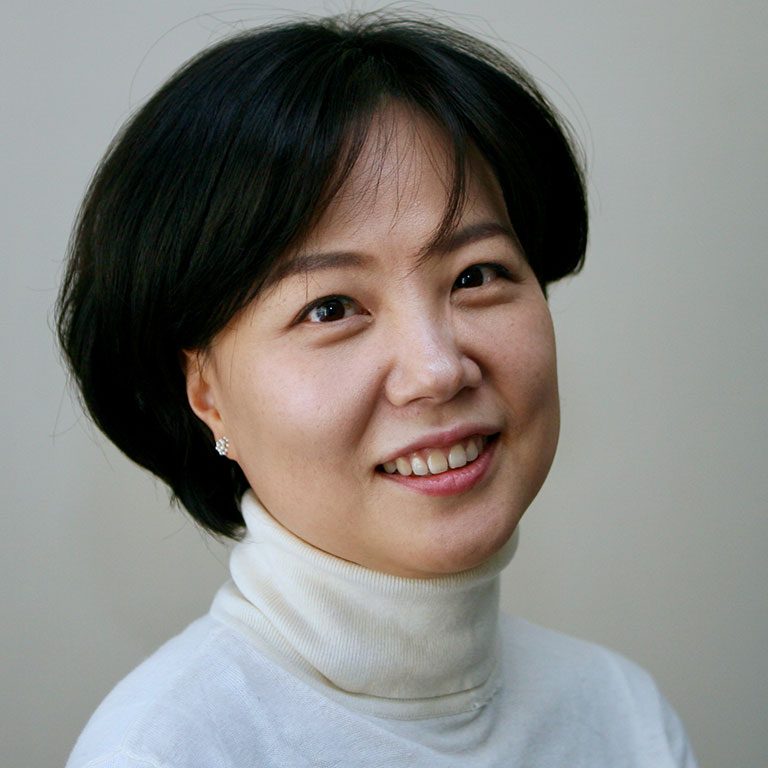While the Asian American community has often faced racial discrimination in the United States, incidents of racism and violence against Asians have only intensified this year as a result of the ongoing COVID-19 pandemic.
With support from IU’s Racial Justice Research Fund, IUPUI’s Michin Hong is examining the experiences of anti-Asian racism among Asian American college students at IUPUI – information she hopes can be used in expanding understanding about experiences of racial discrimination among Asian American students and developing racial literacy programs and interventions on campus. This study will be the first to assess mental health needs among ethnic/racial minority students related to discriminatory experiences at IU and will explore the role of college communities in protecting students from the harmful effects of racism.
Through the project, Hong and her team will be examining the effects of anti-Asian racism on social anxiety – the fear of being negatively evaluated by other people – and exploring whether college students’ peer relations and sense of belonging on campus buffer the effect of anti-Asian racism on social anxiety.
“Contrary to the racial stereotype that Asian Americans are a model minority and problem-free, Asian Americans struggle in many areas just like other racial and ethnic minorities,” Hong said. “In particular, Asian American young adults are considered a high-risk group of mental health, with studies showing that they reported higher levels of prevalence of suicidal ideation, depression, and anxiety than other racial and ethnic counterparts did. They were also the least likely to seek professional mental health care on campus.”
While experiences of racism can be associated with different aspects of mental health, Hong says it can also cause people to develop a fear of social situations and interactions with others. In prior research of Asian Americans, social anxiety has been examined in the cultural context rather than that of racial discrimination, so it has been unclear how anti-Asian racism influences social anxiety.
Hong’s project will help determine whether peer relations and a sense of belonging can protect against negative mental effects of racism for Asian American students – something proving to be even more important since the COVID-19 pandemic begin. She says one of the most common verbal racial insults toward Asian Americans is to “go back to your country,” so a strong sense of campus belonging may help reduce negative emotions resulting from being treated as a foreigner, while also providing comfort and a feeling of connectedness.
“In fall 2019, 1,696 Asian American students were enrolled at IUPUI, accounting for 27 percent of all undergraduate students,” Hong says. “Given the increasing number on campus, it is imperative for us to assess experiences of anti-Asian racism among our students, actively examine challenges faced by racial and ethnic minority students and provide support to them.”
She will launch an online survey in the spring of Asian American undergraduate students at IUPUI, with findings providing timely and necessary evidence to develop campus-wide racial literacy interventions and programs.


